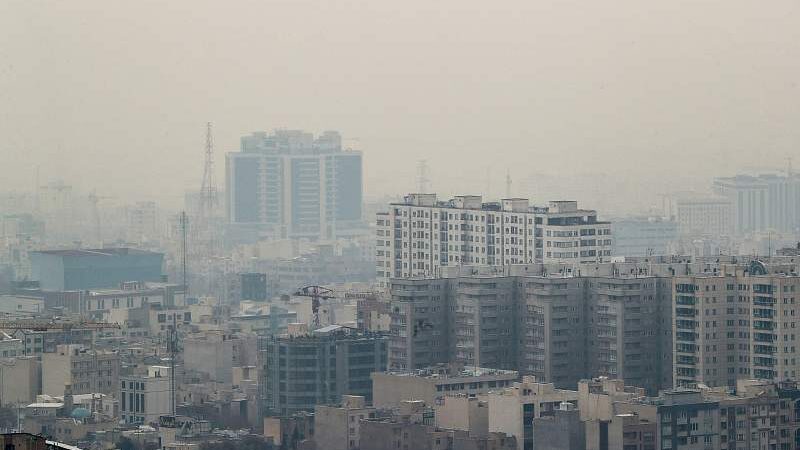As the world gears up for the 28th Conference of the Parties to the United Nations Framework Convention on Climate Change (COP28) in Dubai, experts are urging leaders to prioritize the pressing climate-fueled health crisis.
Our reliance on fossil fuels is not only driving global temperatures to unprecedented levels but also wreaking havoc on public health. Recent years have seen a surge in extreme weather events, food insecurity, water scarcity, and deteriorating air quality, all linked to greenhouse gas (GHG) emissions.
The latest Lancet Countdown report highlights alarming trends, revealing that climate change's impact on health is no longer a distant threat. Compared to 1981-2010, the increase in heatwaves and droughts has led to 127 million more people facing moderate or severe food insecurity in 2021 alone. Additionally, outdoor air pollution from burning fossil fuels is responsible for 1.9 million deaths each year, while infectious diseases like dengue are spreading to new regions.
Despite 27 years of climate negotiations, the upcoming COP28 draft statement is expected to overlook the urgent need to phase out fossil fuels. This omission comes at a critical time, as global emissions continue to rise, steering us towards a temperature increase of nearly 3 degrees Celsius by 2100—far exceeding the 1.5-degree target set by the 2015 Paris Agreement.
The consequences are dire. Even a sub-2-degree rise could result in a 370% increase in annual heat-related deaths by mid-century. Vulnerable populations, including the elderly and children, are already experiencing twice as many heatwave days as three decades ago. Furthermore, the number of people facing food insecurity could soar by approximately 525 million by mid-century.
Beyond the immediate health impacts, climate change is undermining economic stability. In 2022, extreme heatwaves led to a loss of 490 billion working hours globally. Projections indicate that, even if global warming is limited to just below 2 degrees Celsius, heat-related labor losses could rise by 50%.
Worryingly, the regions contributing the least to climate change—such as Africa, South and Central America, Asia, and small island developing states—are bearing the heaviest health burdens. This stark disparity underscores the need for urgent and equitable climate action at COP28.
Reference(s):
cgtn.com




